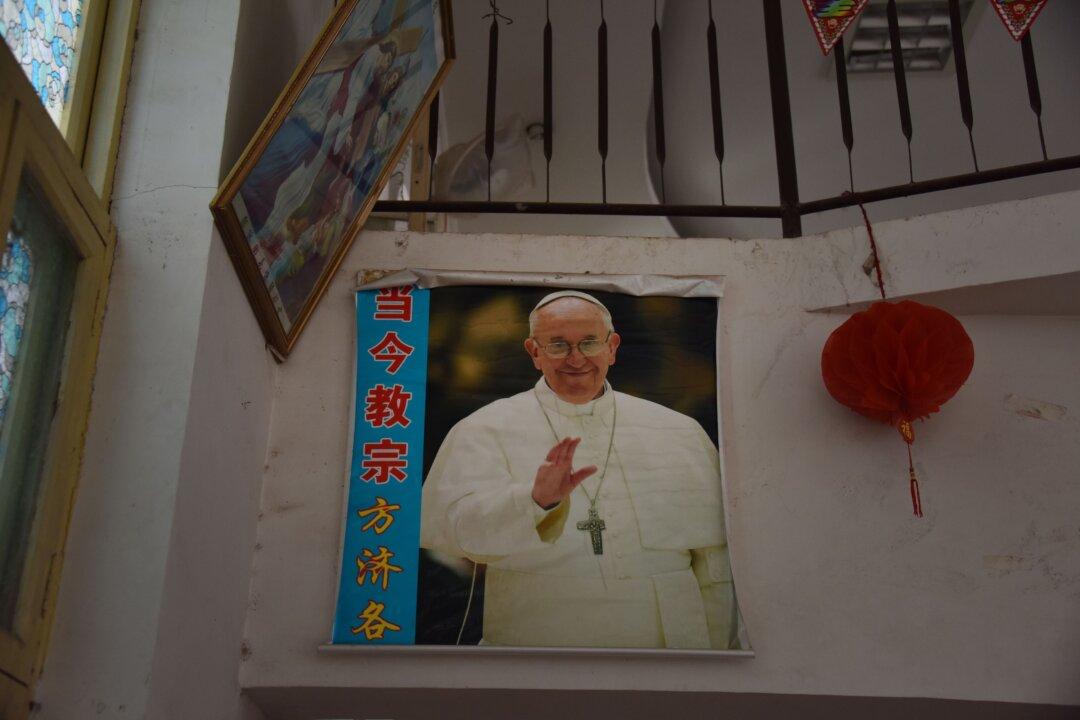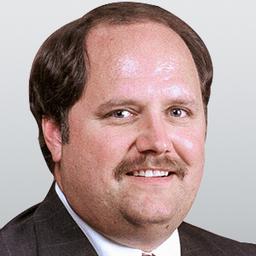Commentary
Communists came to power in China in 1949. As happens everywhere that communism spreads, the government soon began jailing religious leaders, driving out missionaries, and dismantling or destroying churches.


Communists came to power in China in 1949. As happens everywhere that communism spreads, the government soon began jailing religious leaders, driving out missionaries, and dismantling or destroying churches.